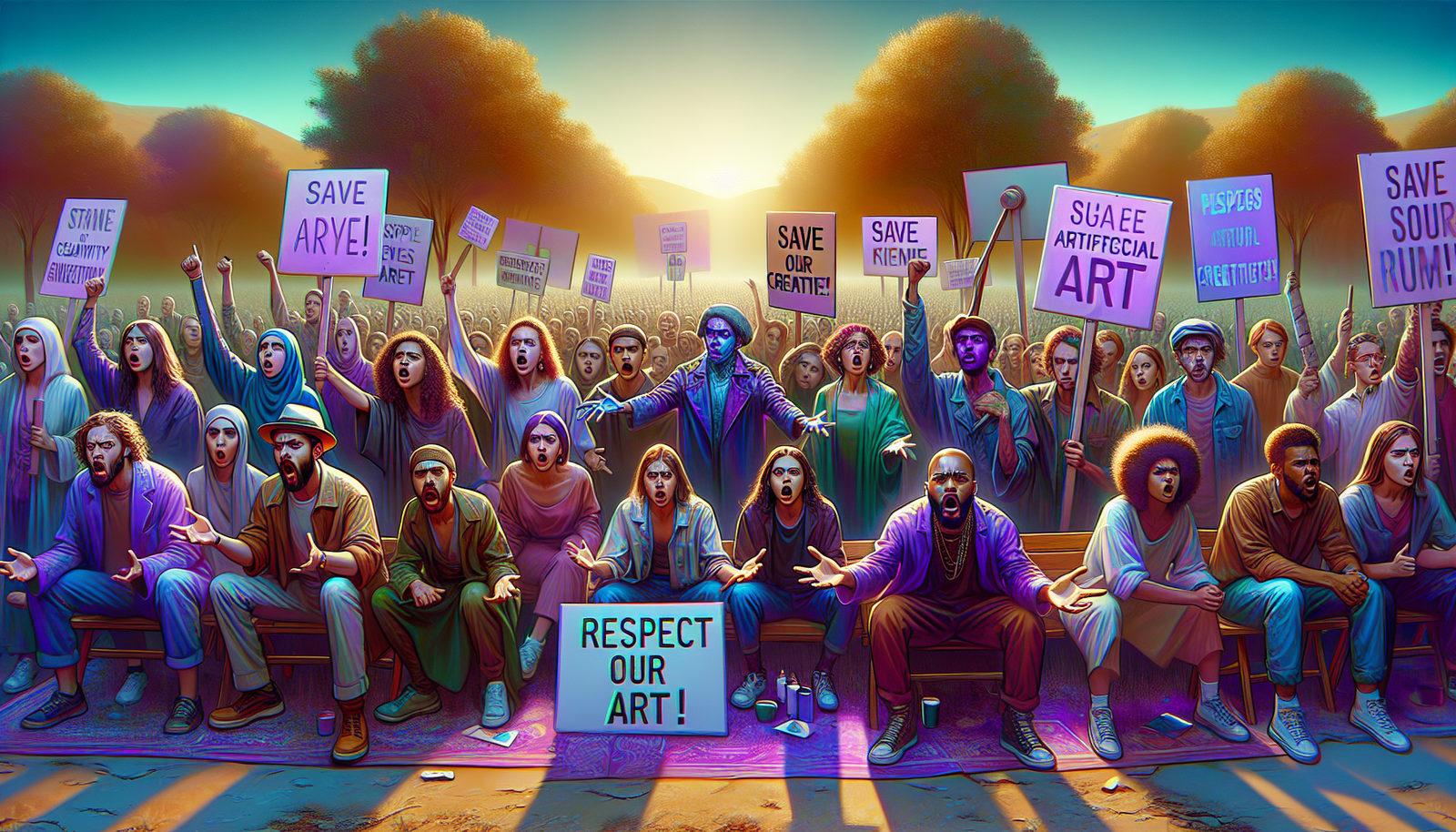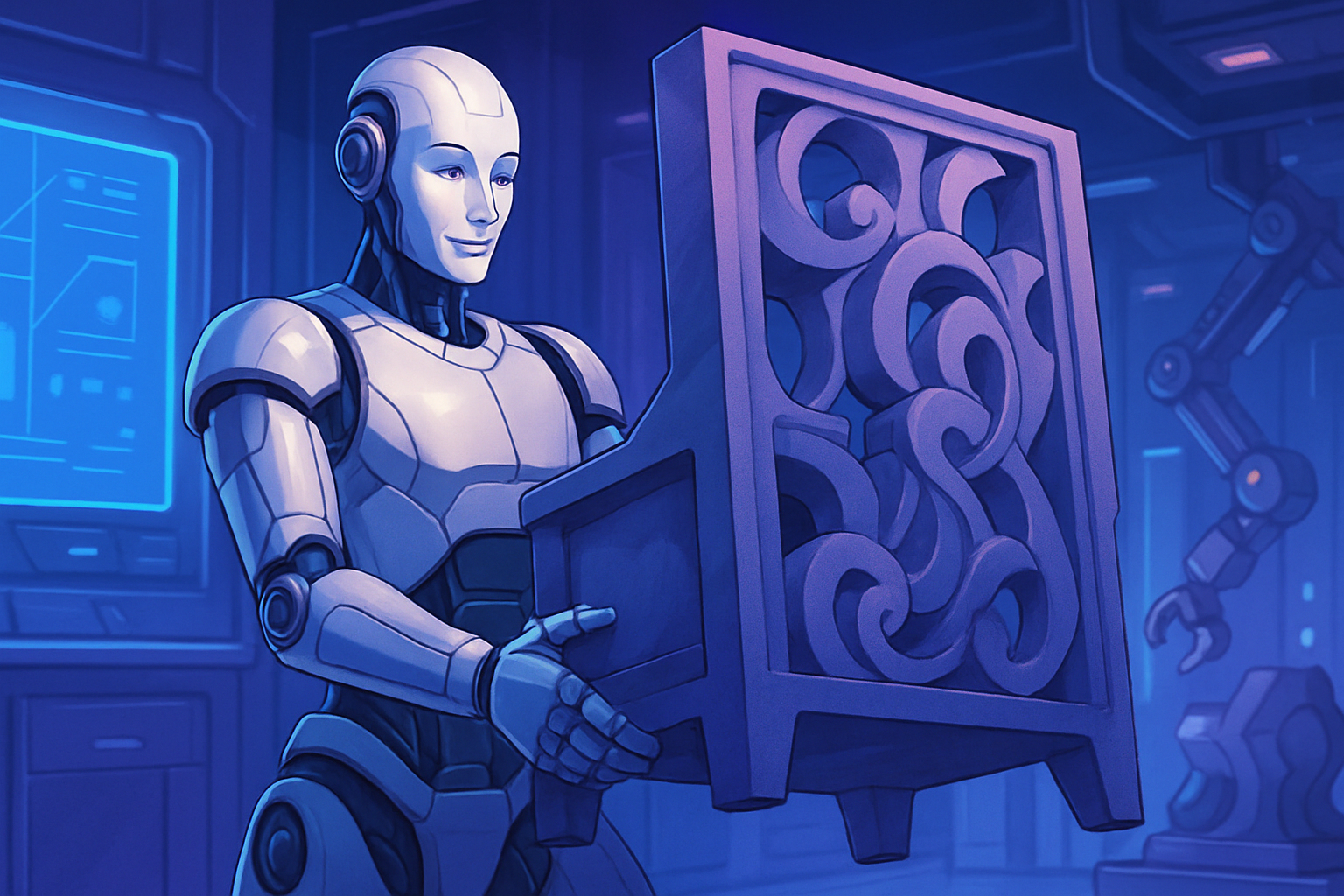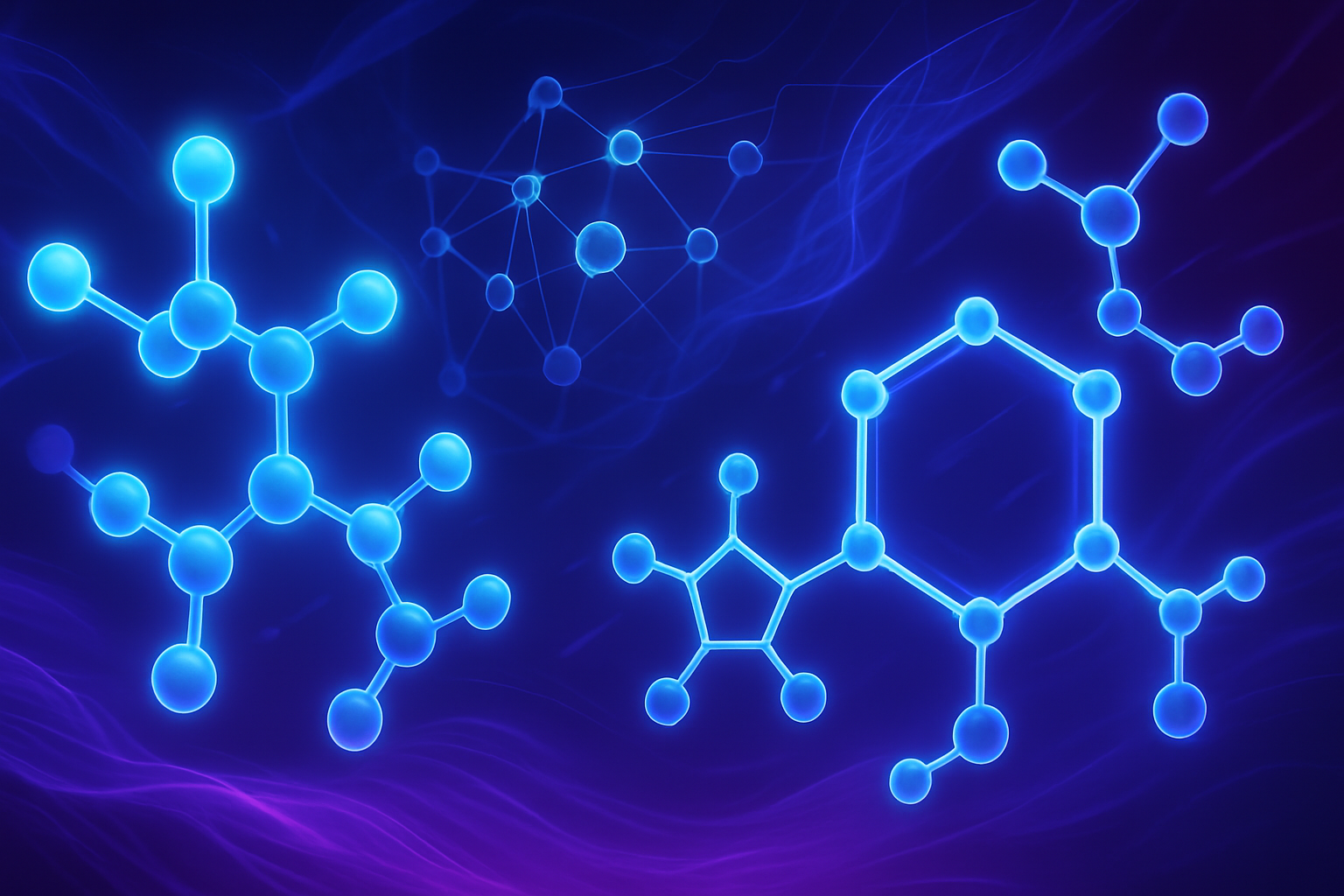The voices of artists rise vehemently as the global summit dedicated to AI approaches. More than 34,000 creators express their concerns in a context threatened by the exploitation of their works. A true *artistic plunder* emerges, hindering the recognition of creators’ rights.
These artists, spanning various sectors such as music, film, and literature, denounce an *unacceptable infringement* on their creative integrity. They demand awareness and concrete measures to preserve the *respect due to their creations*. At the heart of the debates, essential issues are emerging, influencing the future of intellectual property in the digital age.
A resounding cry of alarm
The announcement of the global summit on artificial intelligence (AI) in Paris, scheduled for February 10 and 11, 2025, is causing great concern within the artistic community. More than 34,000 artists have signed a platform, relayed by Le Parisien, highlighting a collective awareness of the threats posed by the use of AI. This movement gathers creators from various sectors, including music, film, theater, literature, and visual arts.
A call to action
The initiative has been primarily orchestrated by organizations representing copyright, such as Sacem and Adami. These organizations advocate for a constructive approach, urging decision-makers to develop sustainable solutions to better protect artists’ intellectual property. This call does not aim to oppose the innovation brought by AI but to denounce the potential abuses of its use.
Works without authorization
The signatories of the platform express their frustration regarding the exploitation of their creations without consent. According to their statements, “The use of our talent and work without our consent (…) represents an unacceptable infringement on the respect for our works.” Not far from being alone in this struggle, iconic figures like Jean-Jacques Goldman, Jacques Dutronc, and Catherine Ringer join this alarm, illustrating the pressing concerns within the cultural industry.
Government concerns
While discussions at the summit do not specifically plan to address culture, President Emmanuel Macron has recognized the importance of this issue. During an interview with regional press, he stated: “I hear this fear, France will continue to have a clear voice, protecting the rights of creators.” This reflects a political will to include artistic concerns in the public debate on AI.
Multiple supports
A wide array of voices joins this movement, including those from 38 international organizations representing various creative sectors. These federations strongly remind that an ethical AI cannot emerge without the agreement of rights holders. The mobilization of cultural professionals is palpable, demonstrating unprecedented solidarity in defending their rights.
Voice actors on the front line
Voice actors are particularly concerned. They face imitations created by AI, which use their voices without any compensation. Organized under the movement #TouchePasMaVF, these artists lament the lack of recognition and dialogue with authorities. Brigitte Lecordier, the French voice of San Goku, recently expressed their dissatisfaction, stating that no meeting with the ministry has taken place.
Writers and invisible challenges
Writers, for their part, also fight for the respect of their rights. The uncontrolled dissemination of their works in AI models complicates their struggle. Some authors, although wary, acknowledge the contribution of AI tools to their creative process. However, they consider that the majority wish to protect their creations from illegal uses, advocating for solutions such as the right of opposition.
Solutions to consider
The debates surrounding AI raise the necessity for a more rigorous legal framework. Voices are being raised to demand regulation that protects copyright while allowing ethical and respectful use of AI. More than ever, creators hope to see wise solutions emerge, favoring the balance between technological innovation and respect for works.
A global concern
This rallying cry among artists is not unique to France. Indeed, similar alerts are emerging worldwide as AI continues to develop at a breakneck pace. The fears of creators, whether musicians, writers, or voice actors, converge around a common issue: the protection of their works and their artistic integrity.
Frequently asked questions about respecting artistic creations before the AI summit
Why are artists concerned about the impact of AI on their works?
Artists fear that AI will use their creations without consent, which would represent an infringement on their rights and the value of their work.
What actions are artists taking before the global AI summit?
More than 34,000 artists have signed a platform to alert leaders about the potential plunder of their works and to demand fair solutions to protect their rights.
What creative sectors are represented among the 34,000 artists?
Artists come from various sectors, including music, film, theater, literature, and visual arts.
What is the stance of copyright organizations in this situation?
Organizations like Sacem and ADAMI support artists in their call to protect their works against problematic practices of AI.
What is the central message of the platform signed by the artists?
The platform stresses that the use of their work without consent constitutes an unacceptable infringement and calls for a serious discussion on copyright in the context of AI.
What specific risks does AI pose for artists?
AI is viewed as a potential vector for piracy, where artists’ works could be used to train AI systems without compensation or recognition.
How do artists envision a regulation of AI that respects their rights?
Artists are calling for clear legal guarantees that state that the use of their works by AI systems requires their consent and a fair sharing of benefits.
Are the concerns of artists being heard by political leaders?
President Emmanuel Macron has expressed his concern regarding these issues, promising that France would defend creators’ rights during international discussions.






